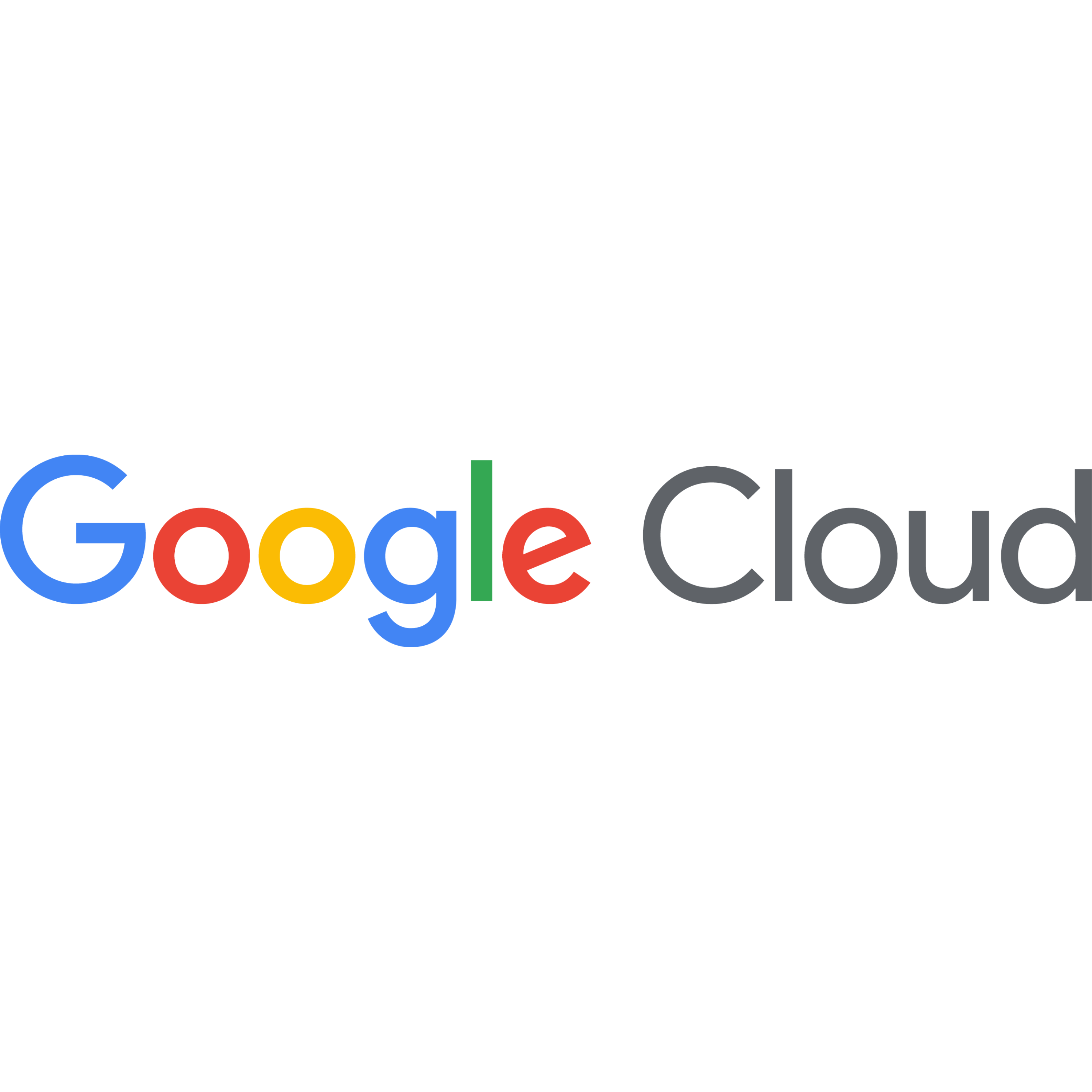
In a game where size definitely matters but customer-centric vision, relentless innovation, market momentum, and disruptive boldness matter even more, Oracle has ousted Amazon Web Services from the #3 spot on the Cloud Wars Top 10, with Amazon sliding into the #4 position vacated by Oracle.
With this shuffle near the top, here are the top five players in the Cloud Wars Top 10: #1 Microsoft, #2 Google Cloud, #3 Oracle, #4 Amazon, #5 SAP.
For Oracle, the ascent to the #3 spot has been fueled by its stunning success in the cloud-infrastructure business as its “Gen2” OCI business has become a hypergrowth player despite having jumped into a market dominated by Microsoft, Google Cloud, and AWS. For the latest details and analysis on that, please see “Oracle Q4 Stunners: RPO Soars 44% to $98 Billion, Google Cloud Is New BFF.”
For AWS, the move down one notch to #4 is living proof that nobody owns first place, no marketplace lead is insurmountable, and that The Innovator’s Dilemma is an immutable and merciless force here in the greatest growth market the world has ever known (with thanks to the late and great Clayton Christensen).
Here’s what Safra Catz wrote via email when I asked for her high-level thoughts on what’s behind Oracle’s surging momentum: “Our cloud growth over the last several years has been outstanding because customers appreciate the superior capabilities and deployment flexibility that we offer. Oracle has the world’s most secure, complete, and cost-effective set of enterprise and industry-specific cloud applications and infrastructure. We also deliver a full stack of cloud-based AI — across applications, databases, and infrastructure — to drive innovation, efficiency, and growth for organizations in every industry. We engineered our Cloud to run workloads faster and in the cloud time is money, so our cloud is less expensive than others’ and completes the job faster. Since we have decades of experience working with large and growing enterprises we know what those companies and governments need. Oracle’s powerful combination of technology, expertise, and commitment to customer success is unmatched. We help our customers solve their biggest challenges and win in a way no other cloud provider can.”
When I launched the Cloud Wars Top 10 weekly rankings seven years ago, Amazon was #1 and held that spot for about two years until Microsoft’s ascendancy under the brilliant leadership of Satya Nadella convinced me to get out in front of the crowd and recognize that “the cloud” was about much, much more than simply infrastructure (although that remains extremely important). So Microsoft displaced AWS in the top spot, and continues to sit at the pinnacle today.
And then last year about this time, as Google Cloud continued to demonstrate its ability to do extraordinary things for customers in AI, data, analytics, and cybersecurity, I moved Google Cloud up from #3 to the #2 spot, bumping AWS down to #3. You can get the full story on that tremendous ascent by Google Cloud right here: “Google Cloud Leapfrogs Amazon to Become #2 on the Cloud Wars Top 10.”
And now, with Oracle’s continued emergence as the most-disruptive player in the AI/cloud-infrastructure space, I’ve decided to elevate Oracle to the #3 spot and push AWS down to #4.
Now, I’m sure some people are having thoughts somewhere along these lines:
“Wait a minute — isn’t AWS’s annualized cloud revenue of $100 billion 5X that of Oracle’s $21.2 billion? How can a company whose cloud business is so much smaller than Amazon’s possibly be ranked above the much-larger company?? Isn’t it time for Evans to put the crack pipe down?!?”
Well, traditional evaluations of tech companies typically centered on who’s the biggest tell us some things, but in an unprecedented market like the Cloud Wars, I’m not sure they necessarily tell us the right things. Back in the not-so-good ol’ days when hardware vendors ruled the tech business, customers had their business agendas set by the wildly anachronistic “upgrade cycles” during which tech companies burped up new stuff that did pretty much what the old stuff did except a little bit faster.
Well, those days are gone, over, history, kaput! And in their place are the business imperatives I mentioned in the opening sentence above: “customer-centric vision, relentless innovation, market momentum, and disruptive boldness.”
And in my view, Oracle scores extremely well on all of those issues. Reflecting that, here are some of my recent analyses about Oracle’s customer-centric innovations and disruptions:
- “The Larry and Satya Show: Microsoft, Oracle Rewire the Business World“
- “Oracle Q4 Stunners: RPO Soars 44% to $98 Billion, Google Cloud Is New BFF“
- “Larry Ellison Shocker: Oracle Cloud Data Center for Every Customer!“
- “Oracle CEO Safra Catz: 4 Reasons Our Cloud Business Is Booming“
- “Larry Ellison’s Masterpiece: Microsoft Becomes Oracle’s Largest Customer“
- “Microsoft Cloud Shocker: Oracle Major Driver Behind Blowout Q1 Numbers“
- “Larry Ellison’s AI Vision: An Oracle Cloud Data Center for Every Customer (and Submarines)“
- “Oracle Goes for the Kill with Multifaceted New AI Database“
In addition, here are a few additional perspectives that I believe buttress my decision:
- Can AWS — the cloud-infrastructure category creator and leader — match Oracle in deployment options? No, it cannot.
- Anybody else in the market have a service like Oracle Alloy, that’s a combination of technology and go-to-market innovations that enables big customers to become cloud providers to their regions or industries with Oracle as the technology supplier? Not that I’ve seen.
- AWS has lots of databases — does it have one that’s autonomous? No, it does not.
- Oracle led the multi-cloud movement that’s led to — as noted in the links above — groundbreaking partnerships with Microsoft and Google Cloud. To date, AWS has not joined that multi-cloud movement — and if it should do so in the future, it will be the last of the four hyperscalers to embrace this idea that customers love — and being last makes you a follower, not a leader.
To get a sense of Oracle’s strategic mindset at this momentous time in its emergence as a multi-cloud zealot, hyperscaler powerhouse, and AI leader, I spoke late last week with Oracle executive vice president and head of revenue operations Jason Maynard about the thinking behind the company’s remarkable momentum. We’ve embedded the full interview within this article so you can get the complete picture from Maynard, but here’s a vital perspective from Maynard that I feel captures the essence of why I decided to elevate Oracle to the #3 spot on the Cloud Wars Top 10 rankings.
“Larry [Ellison] has said that we think the future is multi-cloud, right? We think interoperability between the clouds is what customers want. So in a lot of ways, this is giving customers the choices they need to pick and match and run the workloads where they think it fits best,” Maynard said.
“I know we surprised everybody with the Microsoft [multi-cloud] announcement last year with Oracle and Microsoft coming together. So we’re tremendously excited about what we’re doing with Microsoft, and we’ve expanded our relationship with OpenAI which is now running on OCI as well now, so we’re really working together better than ever. So Microsoft’s been fantastic. That’s obviously exciting. What we announced as well….And this month was the new partnership with Google and Google Cloud — plus in a similar vein, later this year we’re going to be opening up that same Oracle Database on OCI at GCP. So we’ll have the ability, again, to partner with Google and bring the best option to the customers.”
Three phrases from that excerpt from Maynard capture the magic that Oracle has unleashed:
- “We think the interoperability between the clouds is what customers want”;
- “…giving customers the choices they need to pick and match and run the workloads where they think it fits best”; and
- “…bring the best option to the customers.”
Oracle’s been a brilliant advanced-technology leader for a long time. But under Catz’s leadership, the company has also aggressively embraced a customer-centric culture that is now putting all that technological wizardry directly into the service of its customers’ most-pressing needs.
And that combination lies at the heart of Oracle’s ascendancy to the #3 spot over Amazon on the Cloud Wars Top 10.
Well done, Oracle!














